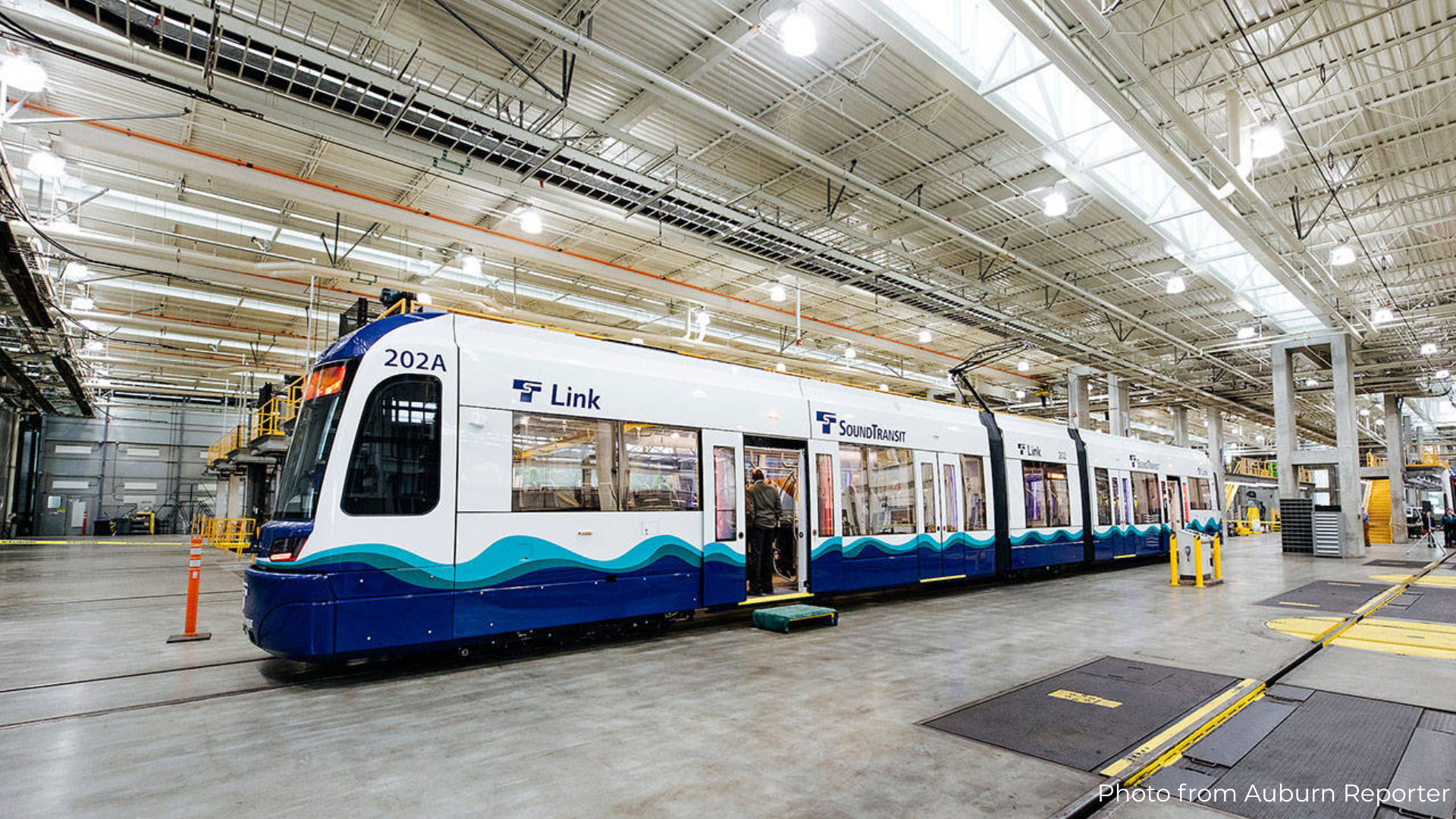Once again, a bill has been introduced to implement a Road Usage Charge (mileage tax) on electric and hybrid vehicles, and all before major policy conflicts have been resolved.
The bill directs the state to develop an implementation plan by the end of 2022, incorporating federally-funded research being done by the state Transportation Commission. Some of the research relates to protecting the privacy of drivers’ travel data, mileage reporting methods, and interoperability with other states.
Although the Commission’s research on how to protect the privacy of users’ driving data has not been completed, the bill makes several privacy assurances, including implementing and maintaining “reasonable security procedures and practices in order to protect per mile information from unauthorized access, destruction, use, modification or disclosure.”
Privacy protection is a critical element of the Road Usage Charge, so any potential data vulnerability should be corrected before rolling out a Road Usage Charge system. Protection of private data applies equally in both public and private sectors. However, if a private sector business fails to protect a consumer’s privacy, consumers can go elsewhere. When the state fails to protect data, people do not have a choice to leave or to stop paying using the very state system that failed. The recent data breach of over 1.6 million consumers’ unemployment data is an example of what can happen when a state agency fails to put proper safeguards in place.
The bill also provides that Road Usage Charge data that is “retained beyond the period of time necessary to ensure proper mileage account payment must have all personally identifying information removed and may only be used for public purposes.” Public purposes are defined as “research, testing, and information gathering that advances the safety of the motoring public and the adequate preservation, maintenance, and upkeep of public roadways.” Using travel data for “public purposes” other than billing seems inappropriate. Further, this language assumes that removing personally identifying information eliminates the possibility of revealing driver identities using only location information.
By mid-2026, when an owner of an electric or hybrid vehicle renews their vehicle registration, the legislation would impose a Road Usage Charge of 2 cents per mile (from 2026 to 2029), and 2.5 cents per mile after 2029. Drivers who want to switch to a Road Usage Charge sooner can do so on a voluntary basis in mid-2025.
Of course, that per-mile rate is subject to change by the legislature, and likely would be changed as administrative costs for a Road Usage Charge are extremely high compared to a gas tax. Lawmakers would have to increase the per-mile rate to make up for the cost of administering the tax.
The bill also indicates that “participants in the voluntary early adoption program must pay two cents per mile driven in addition to all other fees and taxes required by law.” Though the bill immediately provides that electric vehicle registration fees would be waived for those participants, it’s not outside the realm of possibility for a future legislature to strike the waiver. As you might recall, just two years ago the legislature broke promises to the public and passed a bill making tolls on I-405 permanent despite the fact that they were failing.
Last but not least, the bill directs Road Usage Charge money paid by drivers to be used for maintenance and preservation within the Motor Vehicle Fund (MVF). The MVF is an account protected under the state constitution’s 18th amendment, so money deposited into the account can only be used for highway purposes. However, directing money to the MVF in legislation is not equivalent to a constitutional amendment that writes in Road Usage Charge revenue as a protected source alongside the gas tax within the MVF. Without constitutional protection, any future legislature can move the money to a different account.
Between unresolved privacy concerns, high administrative cost, and the lack of constitutional protection for revenue, this legislation is premature. A better approach would be to allow the Commission to complete its work to resolve questions and problems (particularly around privacy), address constitutional protection, and then re-visit the discussion around a transition to a Road Usage Charge.






